Understanding AC/DC Power Inverters
An AC/DC power inverter is a pivotal electronic apparatus that transforms direct current (DC), which flows unidirectionally, into alternating current (AC), characterized by bidirectional flow. These devices are indispensable in scenarios where DC power needs conversion to AC power, finding widespread use in diverse applications such as portable energy systems, solar power setups, and industrial machinery.
The operation of an AC/DC power inverter hinges on electronic components capable of swiftly toggling DC power—thus the term 'inverter'—at elevated frequencies to generate AC power. The DC power usually originates from batteries, solar arrays, or alternative DC sources, while the AC power is utilized to power devices that require standard electrical supply. The inverter's efficiency is paramount, as it must adeptly convert DC to AC power with scant energy loss, particularly in settings where energy conservation is imperative.
AC/DC power inverters are available in a spectrum of sizes and capacities to cater to a broad clientele, ranging from individuals in need of a diminutive inverter for personal use to enterprises in search of robust units for industrial purposes. These units are also integral to emergency backup systems, ensuring continuity of critical equipment during power disruptions.
Varieties of AC/DC Power Inverters
Alibaba.com boasts an extensive assortment of AC/DC power inverters, each tailored to meet specific requirements and applications:
-
Pure Sine Wave Inverters: These inverters deliver a smooth and stable AC waveform akin to that provided by utility firms, making them suitable for delicate electronic apparatus and prevalent in residential or commercial solar installations.
-
Multiple, Dual, and Quad Inverters: Outfitted with several output channels, these inverters can manage multiple AC phases or circuits, offering adaptability for users with intricate power demands. They are frequently utilized in industrial environments or within three-phase power frameworks.
-
Single Phase and Three Phase Inverters: Tailored for distinct voltage outputs, single-phase inverters serve smaller systems like household appliances or personal computers, whereas three-phase inverters are designed for heftier loads such as industrial apparatus or commercial edifices.
-
Off-grid Inverters: Engineered to function autonomously from the utility grid, these inverters are pivotal in self-sufficient systems found in RVs, vessels, or isolated cabins, often integrating batteries and a charge controller for energy management.
-
On-grid Inverters: These units channel surplus energy back into the utility grid when not utilized on-site, typically in grid-connected systems where the generated power supplements the grid.
-
Portable Inverters: These compact and lightweight inverters are optimal for outdoor pursuits, camping, or as auxiliary power sources for vehicles, frequently featuring amenities such as cigarette lighter adapters for added convenience.
Selecting the Right AC/DC Power Inverter
Choosing the appropriate AC/DC power inverter is critical for businesses aiming to fulfill specific operational needs or resale objectives. When contemplating an inverter acquisition on Alibaba.com for commercial or resale use, consider the intended application—be it for domestic appliances, solar arrays, vehicles, or industrial purposes.
For enterprises valuing efficiency and power quality, pure sine wave inverters may be the optimal selection due to their proficiency in supplying clean energy conducive to sensitive electronics. Conversely, if cost efficiency is paramount and compatibility with diverse load types is not a concern, modified sine wave or square wave inverters might suffice.
It is also vital to account for the input and output voltage prerequisites—certain equipment may only function within designated voltage parameters. Moreover, evaluate the cooling/heating mechanisms based on the inverter's intended environment; fan-cooled models may be essential for intensive or prolonged use in warm settings.
Businesses should also weigh the reliability and sturdiness of the inverters—factors of heightened importance in industrial contexts where downtime can translate to substantial financial losses. In such instances, selecting models with established reputations for enduring strenuous conditions can offer reassurance.
About AC/DC Power Inverters on Alibaba.com
By sourcing AC/DC power inverters through Alibaba.com, businesses tap into a broad selection from a multitude of international suppliers. The platform's extensive inventory encompasses inverters with diverse output configurations like pure sine wave, multiple outputs, and quad setups, ensuring a match for every conceivable application.
Alibaba.com distinguishes itself as a comprehensive marketplace that streamlines the procurement process with intuitive search functions, enabling buyers to sift through products based on precise criteria such as input voltage range, output type, network compatibility, and thermal management options. This granularity aids businesses in swiftly locating products that meet their technical specifications.
Furthermore, Alibaba.com provides Trade Assurance—a service that safeguards buyers' payments until confirmation of delivery—offering confidence when making bulk purchases from suppliers across the globe. This dedication to secure transactions cements Alibaba.com's status as a dependable platform for entities in pursuit of premium AC/DC power inverters, unfettered by geographic constraints.
Common FAQs for AC/DC Power Inverter
What distinguishes a pure sine wave inverter from a modified sine wave inverter?
Pure sine wave inverters emit a power output virtually indistinguishable from the household AC supply, apt for sensitive electronics, whereas modified sine wave inverters produce a sufficient output for most appliances but may disrupt more delicate devices.
Is it feasible to connect a 12V inverter to a 24V battery system?
Connecting a 12V inverter to a 24V battery system is inadvisable as it could inflict damage on both the inverter and the battery due to potential overloading or undercharging. Ensuring voltage compatibility is essential for safe operation.
Do inverters exist for vehicular or marine use?
Certain inverters are specifically engineered for vehicular or marine contexts, typically operating on 12V or 24V DC and may include additional features such as a compact build or extra ports for power accessories.
What considerations are important when selecting an inverter's size for my business?
Account for the peak load your business will encounter, the nature of the appliances to be powered, the frequency of inverter usage, the voltage requirements of your system, and whether you necessitate a portable or stationary setup.
How can I ascertain if an inverter is apt for solar applications?
Seek out inverters that mention solar or solar energy in their designation, indicating their efficiency with solar power. Also, verify the presence of MPPT (Maximum Power Point Tracking) features in the specifications for optimal solar energy utilization.
Is it possible to interconnect multiple inverters?
Inverters can be linked in parallel or series to augment power capacity, but it is crucial to use inverters that are compatible with such configurations and to ensure the total power draw does not surpass the capacity of each individual inverter.
What features should I prioritize in an inverter for home appliances?
For domestic appliances, prioritize features such as high efficiency, solid construction, integrated surge protection, and compatibility with your current appliances to guarantee dependable operation and safeguard sensitive electronics.
How do I determine if an inverter has adequate surge power for my needs?
Ascertain the starting wattage requirements of your appliances by consulting their specifications. The surge power required typically exceeds the continuous power rating to accommodate the initial surge when activating motors or compressors.
Can a portable inverter be used as a permanent fixture?
Portable inverters are crafted for transient use and should not be installed permanently unless the manufacturer explicitly states otherwise, to prevent system damage and ensure safety.
What safety measures should be considered when installing an inverter?
Adhere strictly to the manufacturer's safety instructions during inverter installation. This includes ensuring adequate ventilation, shielding from direct sunlight or extreme weather, and securing all connections to avert mishaps.











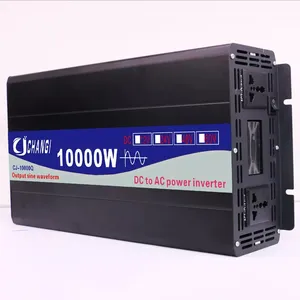

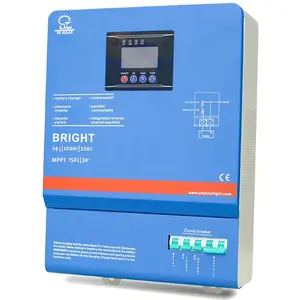

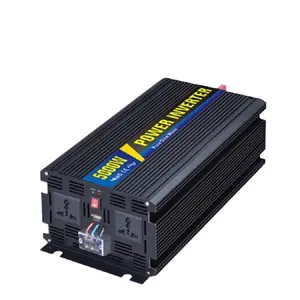


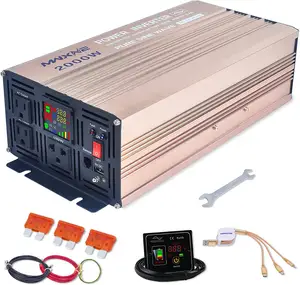
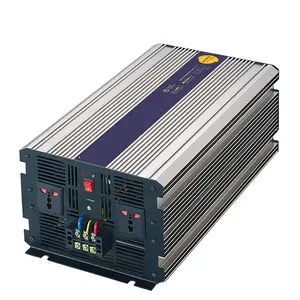
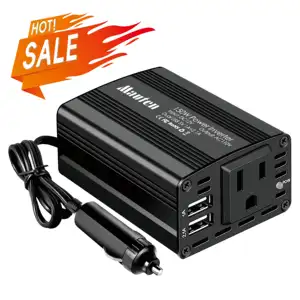






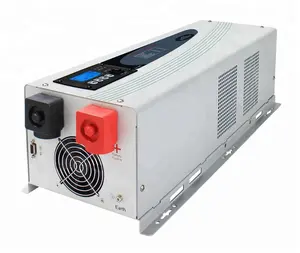

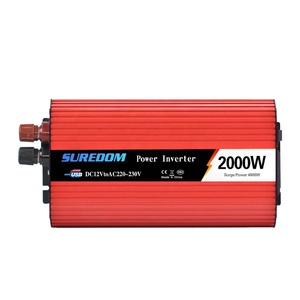
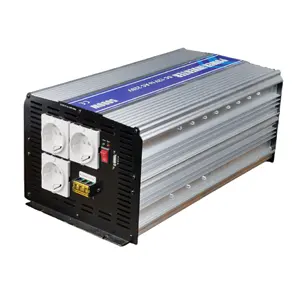
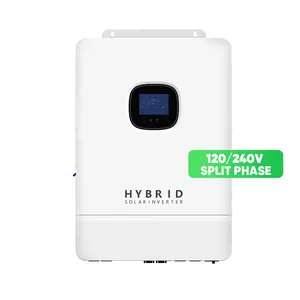
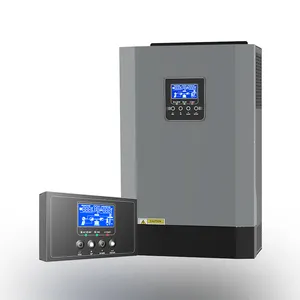


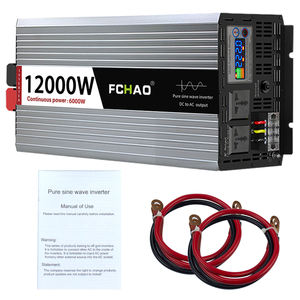
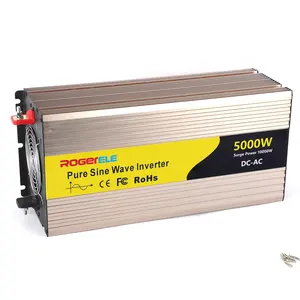



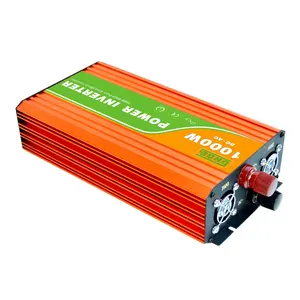
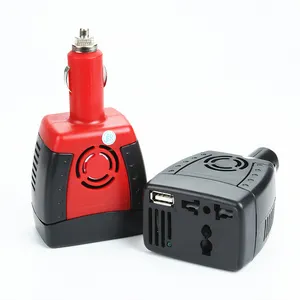




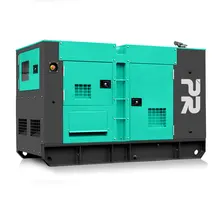

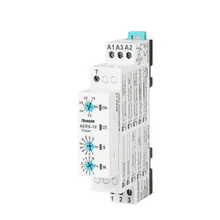























 浙公网安备 33010002000092号
浙公网安备 33010002000092号 浙B2-20120091-4
浙B2-20120091-4